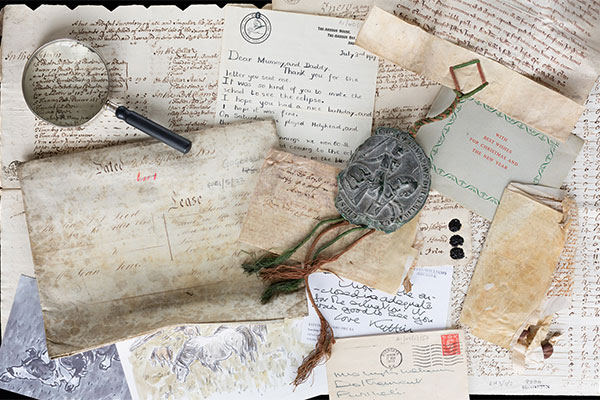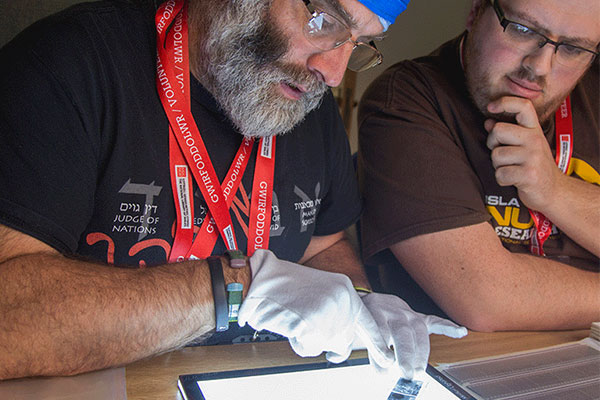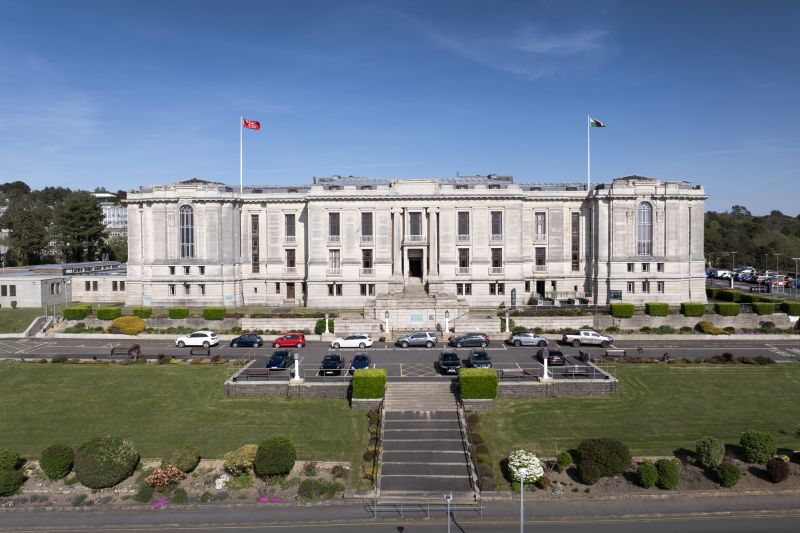
Connecting Wales and the World
Introduction
From Rhodri Llywd Morgan
It is an honour to introduce our new Strategic Plan 2025-2030. The Plan will guide how we develop the National Collections of the nation’s memory and engage with a wider range of audiences in every part of the country.
The launch of this Plan coincides with the publication of the Priorities for Culture which set long-term priorities and ambitions for the culture sector in Wales. It has been a pleasure to collaborate with Welsh Government and partners across Wales in developing these Priorities, helping to set out at a national level our collective ambitions for the sector.
The Library is fully committed to the part it will play in making these Priorities a reality. The three priorities outlined in the Priorities for Culture have been at the heart of shaping the Library’s Strategic Plan.
Culture Brings People Together
We see the mission of developing, safeguarding and facilitating inclusive access to the collections as the fundamental cornerstone of our Strategic Plan.
In recent years we have been enhancing digital access to our collections, whilst also continuing to welcome visitors and service users to the Library building. We have also been actively reaching out to and visiting communities and schools and we will both continue and extend this work.
Cultural democracy requires us to think about how we support equitable access to resources, but also to consider how we can empower communities to contribute to and shape our collections and services, and to ensure they can benefit from cultural expression which strengthens representation and promotes mutual understanding. We have a clear ambition to reach wider and more diverse audiences, families, children and young people. We are committed to doing this in ways that promote creativity, well-being and innovation, further enriching the cultural landscape of Wales.
Celebrating Wales as a Nation of Culture
A theme that encompasses all our work is to place the needs and interests of the people of Wales at the heart of everything we do. We do this whilst promoting and celebrating the Welsh language, recognising the cultural importance of all languages used by communities throughout Wales. We will use the collections and resources of the Library to promote the Welsh language and culture on the local, national and international stage.
We will celebrate and preserve the intangible heritage of Wales in our work and in our collections, recognising that the traditions and rituals passed down through generations forms a vital component of our culture.
We recognise the need to do far more to be inclusive of under-represented groups and people in our work. This will provide a strong focus for services, developing collections and engagement during the time of this Strategic Plan.
Culture is Resilient and Sustainable
As an institution, we serve the needs and interests of the people of Wales. To do this, we will strive to embrace change and to work responsively and collaboratively. Protecting our workforce’s specialist skills will remain a priority, as will planning for the Library’s future workforce.
Social partnership is an essential approach in our work and in sustaining cultural initiatives. It will enhance resource sharing and bring diverse perspectives. Volunteers are central to the Library’s mission, fostering a sense of ownership among community members, building stronger, more resilient networks that are capable of sustaining cultural opportunities over the long term.
Long-term thinking and action in the interests of future generations is a responsibility that we all share. We will continue to invest in de-carbonisation and net zero plans taking every opportunity to promote sustainable development. Our focus on caring for the collections and improving access is for the long-term.
This is a vision for people, for the expert staff of the Library, for users and visitors, and for people in communities across Wales. It is our privilege to serve them, now and for many generations to come.









